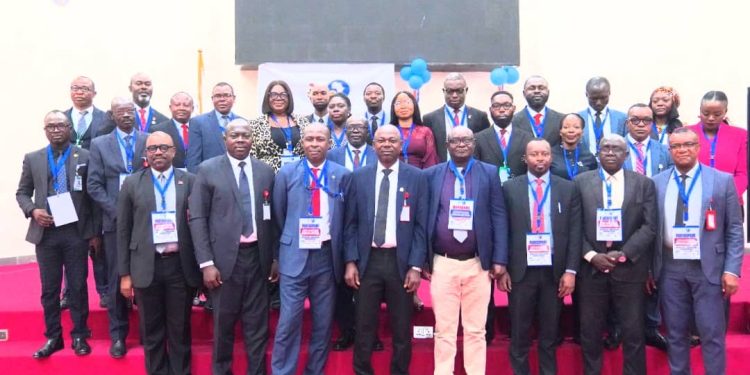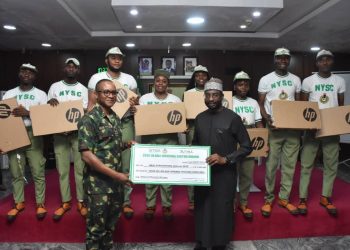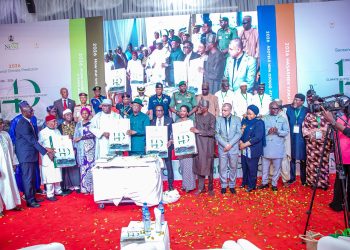…Initiative targets corruption typologies, data-driven strategies, and regional collaboration
By Nkechi Eze
In a renewed push to strengthen evidence-based approaches in the fight against corruption, three of Nigeria’s foremost anti-graft institutions, the Independent Corrupt Practices and Other Related Offences Commission (ICPC), the Economic and Financial Crimes Commission (EFCC), and the Code of Conduct Bureau (CCB) have jointly commenced a two-day training workshop under the Commonwealth Africa Region Anti-Corruption Research Project.
According to an official statement signed by the Director of Public Enlightenment and Education, ICPC, Mr. Demola Bakare, the initiative aims to identify corruption typologies and trends across Commonwealth African countries, strengthen data-driven anti-corruption strategies, and enhance inter-agency collaboration across the region.
The opening session of the training, held at the ICPC Headquarters in Abuja, brought together senior officials from Nigeria’s key anti-corruption bodies and representatives of other stakeholders committed to promoting transparency and accountability.
Speaking at the event, the ICPC Chairman, Dr. Musa Adamu Aliyu, SAN, who was represented by the Commission’s Director of Operations, Mr. Shehu Yahaya, underscored the importance of research and collaboration in understanding and effectively tackling corruption in all its dimensions.
“Corruption is not a singular act; it is a complex ecosystem of behaviours, incentives, and vulnerabilities. It manifests differently across institutions, sectors, and societies. Understanding these typologies is essential for designing targeted, effective, and sustainable anti-corruption strategies,” he said.
Dr. Aliyu explained that the study, initiated by the Commonwealth Africa Anti-Corruption Centre (CAACC), seeks to provide deeper insights into the diverse and evolving nature of corruption while creating a platform for knowledge sharing and the exchange of best practices among anti-corruption agencies in the Commonwealth.
He noted that the initiative represents a significant milestone in building an evidence-based foundation for anti-corruption efforts, consistent with the ICPC’s broader strategic mandate, which goes beyond investigation and prosecution to include prevention, education, and systemic reforms.
“The CAACC considers it necessary that major anti-corruption agencies in Nigeria and other Commonwealth African countries collaborate to conduct this study,” Dr. Aliyu stated. “The findings will inform policy, uncover patterns, reveal truths, and shape the future of governance in Nigeria and Africa at large.”
The ICPC Chairman further urged participants to make the most of the training opportunity, stressing that beyond enhancing technical capacity, the workshop should also strengthen their ethical commitment and analytical skills in the discharge of their duties.
The two-day workshop brings together participants from the ICPC, EFCC, and CCB, alongside other key institutional stakeholders. It is expected to develop innovative research methodologies and collaborative frameworks that will deepen the understanding of corruption dynamics and strengthen the fight against graft across Nigeria and the Commonwealth Africa region.
The project is seen as a major step toward institutionalizing data-driven policymaking in governance reforms and promoting greater accountability through shared knowledge and regional solidarity in the anti-corruption movement.
















